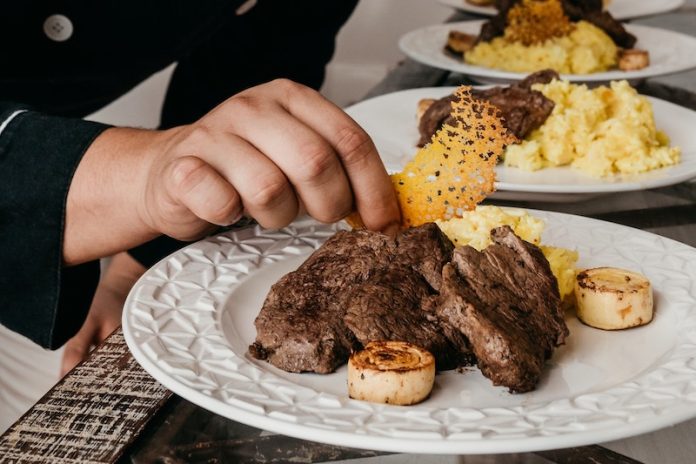
Iron deficiency anaemia is a common health condition where a lack of iron in the body leads to a reduction in the number of red blood cells.
Iron is essential for making the protein in red blood cells that carries oxygen around the body. When you’re deficient in iron, your body can’t produce enough of these oxygen-carrying red blood cells.
In this review, we’ll delve into the best and worst foods for managing this condition, ensuring you’re equipped with knowledge to make informed diet choices.
Understanding Iron Deficiency Anaemia
Before diving into the foods, it’s essential to have a basic understanding of the condition. Iron deficiency anaemia can result from various factors, including poor diet, certain medical conditions, or pregnancy.
Symptoms often include fatigue, paleness, shortness of breath, and dizziness. One of the primary treatments for iron deficiency anaemia is, unsurprisingly, increasing iron intake. This is where food plays a pivotal role.
Foods That Boost Iron Levels
Iron comes in two types: heme and non-heme. Heme iron is primarily found in animal products and is more easily absorbed by our bodies. Non-heme iron, on the other hand, is found in plant-based foods.
A) Best Sources of Heme Iron:
Red Meat: One of the richest sources. Research has shown that consuming lean cuts of beef or lamb can considerably increase iron levels.
Poultry and Fish: Chicken, turkey, and certain fish like salmon and tuna are also good sources.
Liver: Although not everyone’s favourite, liver is one of the best sources of iron. Studies have affirmed that eating liver can be even more effective than iron supplements for some.
B) Best Sources of Non-Heme Iron:
Legumes: Lentils, chickpeas, beans, and soybeans can boost iron levels.
Leafy Greens: Spinach, kale, and Swiss chard are great vegetable sources. Research suggests that consuming vitamin C with these greens can help in better absorption of iron.
Nuts and Seeds: Especially pumpkin seeds, flaxseeds, and almonds.
Whole Grains: Quinoa and fortified cereals can be excellent sources.
C) Enhancers:
Vitamin C-Rich Foods: As mentioned, vitamin C can aid in iron absorption. Foods like oranges, strawberries, bell peppers, and broccoli are beneficial when consumed with iron-rich foods.
Foods and Substances that Reduce Iron Absorption
Just as there are foods that can help increase iron levels, there are also those which can interfere with iron absorption.
A) Beverages to Limit:
Tea and Coffee: These contain compounds called polyphenols that can bind to iron, reducing its absorption in the gut. One study found that drinking tea with a meal decreased iron absorption by 60%, while coffee decreased it by around 50%.
Calcium-Rich Beverages: Like milk or calcium-fortified juices, can inhibit iron absorption when consumed with iron-rich foods.
B) Foods to Watch:
Whole Grain and High-Fiber Foods: While these can be sources of iron, they also contain phytic acid, which can bind to iron and reduce its absorption. This doesn’t mean you should avoid these foods, but rather balance their intake.
Some Leafy Greens: Spinach, Swiss chard, and beet greens, despite being sources of iron, also contain oxalates which can hinder iron absorption. As with whole grains, moderation is key.
C) Supplements and Medications:
Antacids and Calcium Supplements: These can reduce iron absorption and should not be taken close to iron-rich meals.
D) Enhancers to Consider:
Meat, Poultry, and Fish: Consuming these with non-heme iron foods can actually promote iron absorption.
In conclusion, diet plays a pivotal role in managing and preventing iron deficiency anaemia. By focusing on iron-rich foods and being mindful of those that can inhibit absorption, it’s possible to maintain healthy iron levels.
However, always remember that individual needs can vary, so consulting with a healthcare professional or nutritionist can provide personalized guidance.
Follow us on Twitter for more articles about this topic.
Copyright © 2023 Scientific Diet. All rights reserved.








